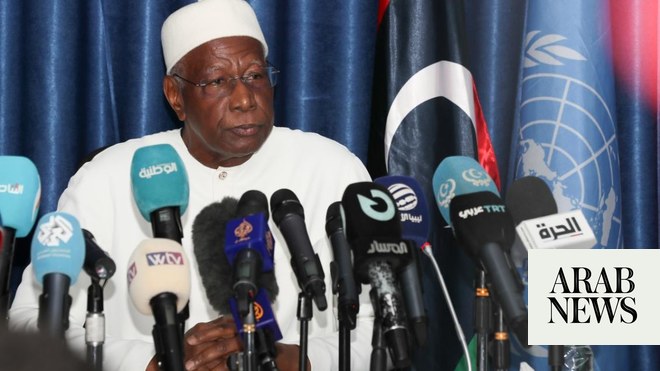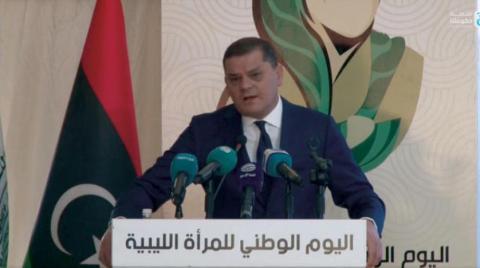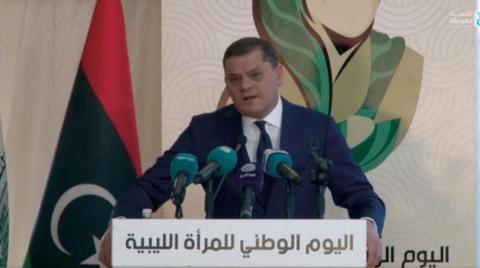
United Nations envoy to Libya Ghassan Salameh said that the country’s future is determined by its own institutions, adding that the preconditions for holding legislative and presidential elections are not currently available.
The 66-year-old Lebanese-born academic told AFP in an interview that if state institutions can begin to work, Libya will finally change course after years of chaos since the fall of Muammar Gadhafi in 2011.
“The key to my approach is institutions,” Salameh said. “If in a year or two, we can began to reunite, revive and liberate institutions, then the country will be on a different path.”
A UN-mediated political deal in 2015 was supposed to unite Libya, but the country remains divided between a government in Tripoli that enjoys UN support and a rival authority based in Tobruk in the east.
Salameh said shoring up Libya’s institutions means stepping away from “the basic competition between individuals, who tell you they represent big tribes until you discover that they represent very little.”
Under Gadhafi, Libya was devoid of functioning state institutions as the leader “cemented his power by systematically destroying institutions.”
In his action plan, the UN envoy hopes to set a course to elections, by beginning voter registration in December and convening a national conference in February to draw a consensus about elections.
It remains unclear whether Libya will hold presidential, legislative and local elections at the same time and no timetable has been set for the polls.
“I haven’t decided yet,” said Salameh. “The country is not ready for any election. For elections to be held, there are technical, political and security conditions that have to be met. None of these are currently there.”
A referendum on a new constitution is also planned, said the former Lebanese culture minister.
Salameh insists that elections in Libya must not deepen divisions.
“The thing that leaves me panicked is the idea that we could hold elections that would create a third parliament and the same result for the government,” he said.
On the other hand, the evacuation of foreign employees from southern Libya after four of their colleagues were kidnapped has stalled work to complete a power station in the city of Ubari.
Extra electricity supply is badly needed in Libya, where there have been frequent power cuts in recent years because of rising demand and the degradation of infrastructure linked to political and economic turmoil in the oil-rich nation.
Three Turks and one South African working at the plant were abducted while traveling by road from Ubari airport on November 3. It is not clear who carried out the kidnapping.
Before the evacuation of the workers, the 600MW plant had been due for completion at the end of the year.
A delay in completion of the Ubari plant would defer the diversion of oil from Libya’s giant Sharara field to power it.
The plant was due to initially consume 30,000 bpd of crude oil, before ramping up to around 50,000 bpd, according to a Libyan oil source.












